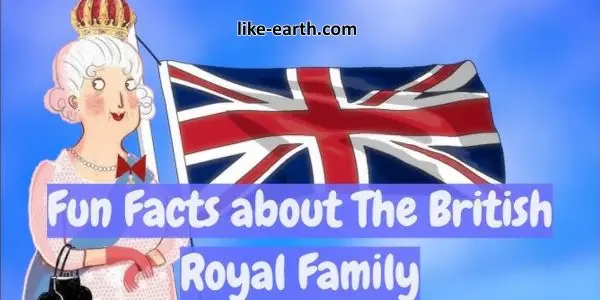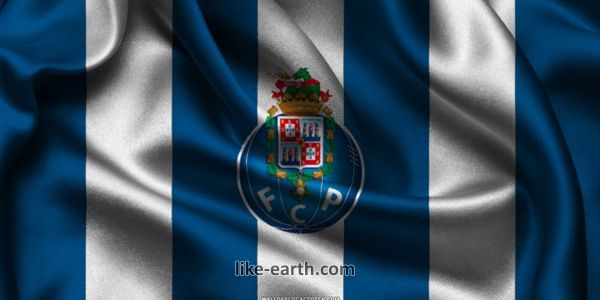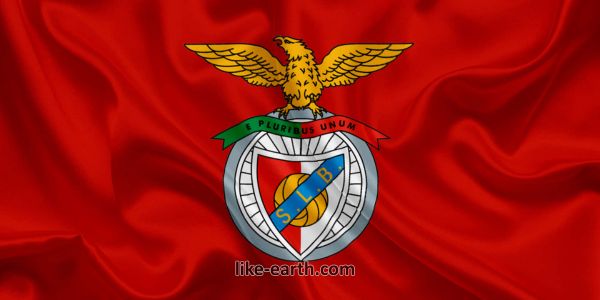Unique Facts About the British Monarchy

Unique facts about the British monarchy captivate people worldwide. The United Kingdom’s royal family has a history filled with unusual traditions and memorable moments. From hidden customs to record-breaking reigns, there is always something surprising to discover.
The Monarch Doesn’t Need a Passport
Queen Elizabeth II never needed a passport to travel. British passports are issued in her name, so she didn’t need one herself. This tradition continues for reigning monarchs only, not other royal family members.
Two Birthdays for the Monarch
British monarchs traditionally celebrate two birthdays. The actual birth date and a formal celebration called the “official birthday”. This custom helps ensure better weather for outdoor festivities.
The Queen Owned All Swans and Dolphins
By British law, the monarch owns all unmarked swans in open waters. Additionally, whales and dolphins within three miles of the UK’s coast are considered royal fish. This reflects the symbolic relationship between the crown and nature.
The Royal Family Can’t Vote
Members of the royal family do not vote in elections. While not legally forbidden, it’s considered unconstitutional. This ensures their political neutrality, essential for maintaining trust in a parliamentary democracy.
The Crown Jewels Are Inestimable
The Crown Jewels, housed in the Tower of London, hold ceremonial and historical value. They’re not officially valued because they are priceless national treasures. Their use is reserved for coronations and state events.
Royal Warrants and Everyday Brands
Royal warrants are issued to companies that supply goods to the royal household. Brands like Twinings tea and Barbour jackets carry these prestigious endorsements. It’s a royal stamp of trust recognized worldwide.
There’s a Royal Poet Laureate
Since the 17th century, a Poet Laureate has been appointed to compose verses for special royal occasions. It’s a position of honor and tradition that blends culture with ceremonial importance.
Longest-Reigning Monarch
Queen Elizabeth II became the longest-reigning monarch in British history in 2015. She surpassed Queen Victoria’s record, reigning for over 70 years. Her leadership style influenced how monarchies adapt globally.
British Monarchs Once Ruled Over Vast Empires
The British Empire was once the largest in history. Monarchs ruled over territories on every continent. The Commonwealth today reflects the remnants of that era, where royal influence remains symbolic but present.
Royal Residences Are Tourist Magnets
Palaces like Buckingham and Windsor attract millions each year. These iconic sites contribute significantly to UK tourism. Royal events like weddings and jubilees also draw global media attention.
Monarch’s Role in Government
The monarch must remain politically neutral but plays ceremonial roles. They open Parliament and approve laws, though they don’t create them. This blend of history and modern governance is uniquely British.
Royal Etiquette is Strict and Complex
Royal protocol covers everything from how to bow to seating arrangements at dinners. These customs maintain formality and hierarchy, though some rules have relaxed in modern times.
Queen Elizabeth Sent Her First Email in 1976
The British monarchy has embraced technology surprisingly early. The Queen sent her first email from an army base years before email became mainstream. This shows a blend of tradition and innovation.
Royal Family Members Have Military Ties
Most male royals have served in the military. This service strengthens ties with the armed forces and demonstrates duty. Uniforms are commonly worn at royal events to reflect this heritage.
They Must Always Pack Black Outfits
When royals travel, they carry black clothing. This ensures they’re prepared in case someone dies while abroad. It’s a tradition that symbolizes readiness and respect for mourning rituals.
Dogs Are Royal Companions
The Queen was known for her love of corgis. Royal dogs often receive pampering, travel privileges, and media coverage. These furry companions have become part of royal identity.
Line of Succession Is Carefully Documented
The royal succession is based on heritage and legislation. It changes only through acts of Parliament. Recent reforms allow daughters to inherit the throne equally with sons, signaling progress in royal laws.
Royal Ceremonies Include Hidden Symbols
From crowns to robes, many items in royal ceremonies carry meaning. Each jewel, cloth, and gesture has a story. These symbols reinforce continuity and the sacred role of the monarchy.
Conclusion
Unique facts about the British monarchy continue to fascinate people across the globe. These traditions, quirks, and historical remnants make the monarchy more than just a political figurehead. They are symbols of culture, identity, and timeless fascination.
Explore more cultural insights at Like Earth.
Stay updated with royal news through our WhatsApp channel.



